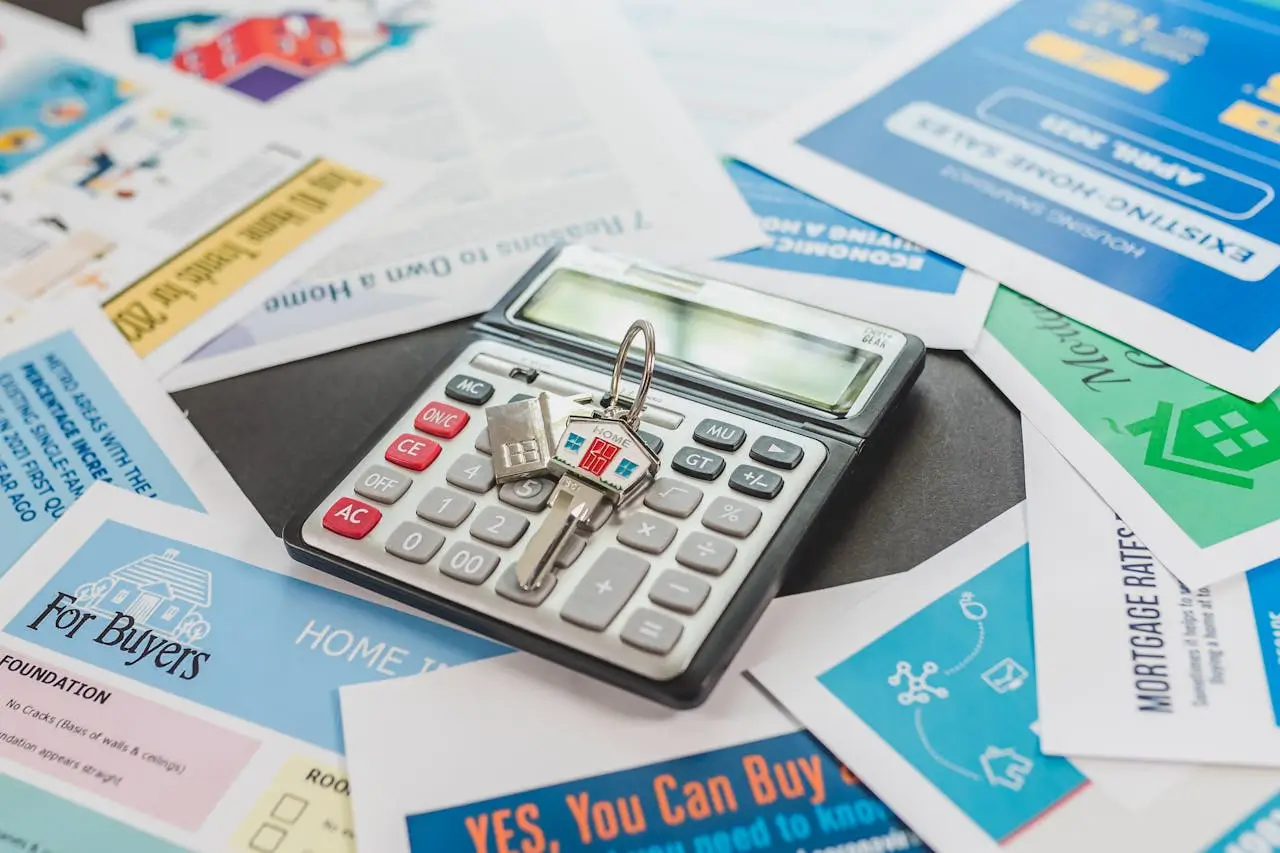What Does It Mean to be Financially Independent?

Being financially healthy can be defined in several ways but it covers the overall picture of your financial health, including how your financial situation might affect stress levels and your overall mental and physical health. It also means that you can meet your current and ongoing financial responsibilities, feel secure in your financial future, and be able to make choices that allow you to enjoy life — in other words, financial independence. But what if your financial situation looks like you can barely make ends meet and struggle to pay for necessities alone? The term is best described as financially poor.
In the current generation, it becomes a challenge for most people to achieve financial independence without a decent job that allows them to be independent. However, millennials or Gen Z are taking longer to reach this milestone than 40 years ago, during which most people were able to get a job that made them financially independent in their 20s. This is because the road to maturity is on the tarmac with difficulties including slow salary growth and unstable economic conditions leading to poor spending habits.
We can achieve financial independence due to various factors. One of them is through our lifestyle or habits in using money. The earlier we manage our finances well, the sooner we gain financial freedom!
Financial Freedom vs. Financial Independence
Are you at a point in your life where if you lose your job today, you still have enough income from sources other than your salary to cover your living expenses? How about earning enough to support your current lifestyle? Yes, we are talking about income, not savings. Savings will run out sooner or later, but having plenty of passive income streams, the kind of money you make while you sleep, will get you one step closer to achieving financial independence and financial freedom.
No one can achieve financial freedom or early retirement overnight; it is a process and there are many milestones along the way. There are 3 ways to achieve financial freedom. Let's figure out the difference between each term.
Financial Security
Financial security is the first step of the process towards financial freedom. Being financially secure means you still have enough income coming from other sources to cover your current living and lifestyle expenses even if you have lost or quit your job. You may already have an emergency fund to help cover your basic living expenses for a month or two, but what if it runs out and you still don't get a job?
Financial security gives you the confidence to know that even if you lose your job today or decide to quit for personal reasons, you can still cover all your basic expenses without parental help.
Read more: How to Get Rich at 30
.png)
Financial Independence
One sign a person has achieved financial independence is having a salary or passive income that allows them to do more than just “make ends meet”. If you can afford to cover your current lifestyle, including all the little things you enjoy (like getting a $6 latte every morning, a Netflix subscription, or the occasional trip you take), then you'll be considered financially independent. It can also be defined as finding yourself in a financial position where you don't need to work unless you want to.
Financial Freedom
True financial freedom means that your passive income includes not only your current lifestyle, but also the lifestyle you've always dreamed of. For example, fly first class all the time, buy branded items without having to check the price tag, or eat at a Michelin-starred restaurant every week. You can do everything without having to worry about where the money is coming from or whether it will run out.
What does it mean to be financially poor?
.png)
Many people are clearly not experts at managing their own finances and end up going bankrupt month after month. The cycle of overspending keeps them poor, even if their income means they are considered well above the poverty line. When you're in that situation, it may seem difficult to find a way out, especially when you're living paycheck to paycheck with nothing left to try to fix the situation.
In other words, if you live in financial difficulty, you will have trouble paying your bills and debts as they come due.
Why do people end up poor or in trouble?
Unfortunately, not everyone is born with a silver spoon. Living with financial difficulties can also be caused by poor life choices; lifestyles that are more than what they can afford. Then there are other factors such as the average amount of credit card debt per household. Research shows that 73% of Americans have less than $1000 in their savings accounts. This begs the question: Why do people with relatively good incomes always go broke?
You are not complying It's a budget
Budgeting allows you to plan your expenses in advance so you can start allocating your money before it's time to pay it. This may include bills for your home, car insurance, groceries, medicine, child care, and more. Knowing how much you need to spend each month, compared to how much you make, can help you identify the needs you need to pay for and areas where you might be able to cut back to save money.
William Feather once said,”Budgeting tells us what we cannot afford, but that does not prevent us from buying it.”
You don't make savings a priority.
It's always good to start saving now. Whenever you receive a monthly salary, you can put money into a savings account that you will not use except for emergencies. It was called an “emergency fund.” Even if you start putting only IDR 50,000 into your account per week or month, it can increase over time. You will get ahead financially by making savings a priority.
.png)
You don't separate needs from wants
People tend to use the word 'need' for almost everything they buy, causing them to actually believe they 'should' spend the money. An example is that you may 'need' a car for transportation, but you 'want' the luxury model. This mentality leaves us financially strapped. Think twice before actually spending on things you don't need.
Spend More Than You Earn
Try to monitor your income and expenses as well. It's easy to make this part of your daily routine thanks to an expense tracker app that helps you manage money on the go. Not everyone has the luxury of doing side jobs or overtime hours, or creating side jobs. But if you do, it can help you make more money to save and pay down debt. This extra income can also help you pay bills or save for an emergency fund.
They don't have an emergency plan.
Even if you are confident enough in your current income, no one can guarantee your future income. Make sure your emergency fund is enough for six months of your expenses. So, start saving your income and putting it into your emergency fund so that you feel comfortable and can quickly achieve financial independence.
How to Become Financially Independent?
.png)
Have a reliable income
Ideally, you'll get a full-time job offer when you graduate from college, or soon after. If your job doesn't cover your living expenses, you may need to take a freelance or part-time job to cover expenses to give an extra boost to your finances.
While your salary will be the majority of your compensation, benefits can provide a lot of financial security. Having insurance and retirement planning from a young age is key to achieving financial independence.
Monitor Your Expenses
It's no secret that millennials spend money differently than previous generations. We are often tempted to buy new items because we see influencers or friends wearing them when in fact we don't really need them much. It is important to manage your money so that your expenses do not exceed your income.
Start Investing
One of the best advice you can possibly get is to start investing early! Since you have calculated your expenses, you must take that money and invest it in a product that can generate income. Learn how to invest in stocks, especially those that pay dividends, or index funds.
If your goal is to retire early, you need to know how much you need to retire and make sure that your investments will last longer once you start withdrawing them. That may require you to increase your cash flow and save more or continue investing even after you retire.
Conclusion
Those are some ways to manage finances wisely. They may look easy on paper, but they can be tricky if you do everything at once. That's why you can rely on Finetiks as your financial assistant, where users can access all their finances in one place, with personalized insights to allow them to control and manage all their financial needs. Download now to reach your financial goals!
Related Article






